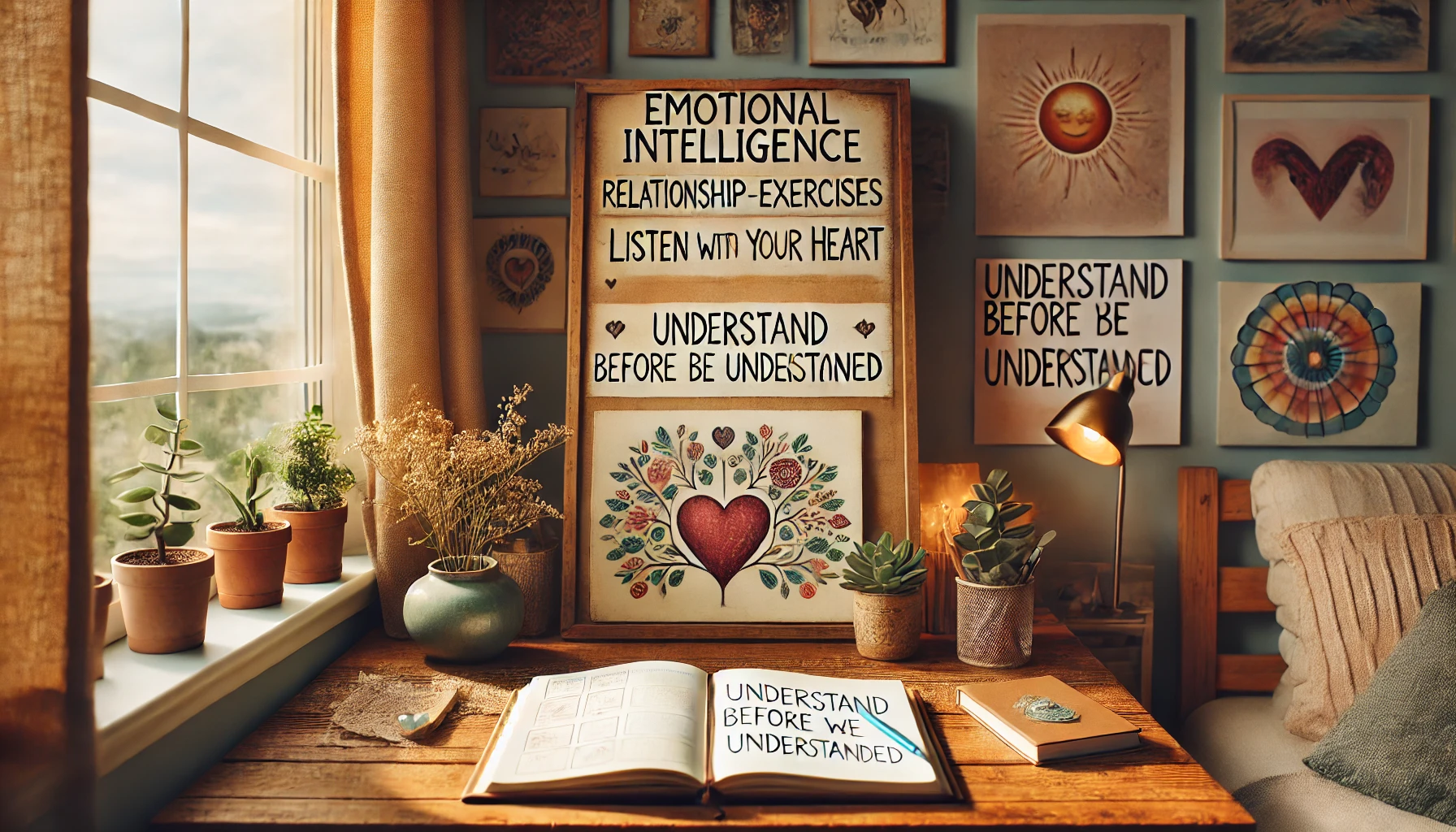There was a moment in my career that tested not only my professionalism but my emotional intelligence. I was presenting a project to the leadership of a large financial company when the main stakeholder—also the owner—interrupted me in a dismissive, almost disrespectful tone. I was doing my job, as agreed. In that moment, I calmly asked if he preferred that I stop and continue later. It wasn’t about being confrontational—it was about preserving mutual respect.
That day, I learned that emotional intelligence is not just about staying calm. It’s about being grounded in your values, even when the pressure is high.
If you want to strengthen your emotional intelligence and become more resilient, here’s how to develop this essential skill.
1. Understand the Five Pillars of Emotional Intelligence
Psychologist Daniel Goleman defined emotional intelligence (EQ) through five core components:
- Self-Awareness – Recognizing and understanding your own emotions.
- Self-Regulation – Managing your emotional reactions.
- Motivation – Staying committed to your goals, even under stress.
- Empathy – Understanding and relating to the feelings of others.
- Social Skills – Building trust, resolving conflict, and collaborating effectively.
Mastering these elements can improve every area of your personal and professional life.
2. Build Self-Awareness Through Daily Reflection
Emotional intelligence begins with knowing what you feel and why. Self-awareness helps you notice patterns and manage your responses.
Practice it by:
- Journaling your daily emotional highs and lows.
- Asking yourself, “What triggered me today—and how did I respond?”
- Noticing recurring emotional patterns (frustration, defensiveness, anxiety).
When you can name your emotions, you can start managing them intentionally.
3. Practice Emotional Self-Regulation—Especially Under Pressure
Keeping your cool doesn’t mean suppressing emotions. It means choosing how to respond.
Build this skill by:
- Taking a pause before responding—especially in high-stakes situations.
- Using deep breathing to calm your nervous system.
- Reframing negative emotions into constructive thoughts.
Emotional control builds trust and authority. It also keeps you aligned with your integrity.
4. Lead With Empathy, Even When It’s Difficult
Empathy is the bridge to stronger relationships and better collaboration. It allows you to understand people without needing to agree with them.
You can develop empathy by:
- Listening with the intent to understand—not to reply.
- Observing body language and tone to grasp unspoken emotions.
- Validating feelings: “That sounds frustrating. I see where you’re coming from.”
Empathy doesn’t mean tolerating disrespect—but it helps you respond without escalating conflict.
5. Communicate Clearly, Calmly, and Authentically
Emotionally intelligent communication means speaking your truth while respecting others.
Tips:
- Use “I” statements instead of blaming (e.g., “I felt unheard,” vs. “You never listen”).
- Be assertive, not aggressive.
- Ask clarifying questions instead of assuming.
Authentic communication protects your boundaries while strengthening trust.
6. Stay True to Your Values—Even When It’s Uncomfortable
Emotional intelligence includes the courage to stay aligned with your principles, even if it costs something.
To do this:
- Know your non-negotiables (respect, transparency, fairness).
- Learn to assert boundaries respectfully.
- Accept that you may lose opportunities, but never your self-respect.
Inner strength grows when you choose integrity over convenience.
7. Learn to Navigate Conflict With Calm
Emotionally intelligent people don’t avoid conflict—they handle it with maturity.
When conflict arises:
- Stay calm and focused on the issue, not the person.
- Listen fully before responding.
- Seek resolution, not domination.
Conflict handled well can lead to deeper trust and clarity in relationships.
8. Build Emotional Resilience
Setbacks and emotional strain are part of any journey. Resilience is your ability to bounce back and keep moving forward.
You can build it by:
- Practicing self-compassion when things don’t go as planned.
- Separating emotions from identity (you feel frustration—you’re not a failure).
- Reframing challenges as training for growth.
Resilience makes emotional intelligence sustainable.
9. Be Open to Feedback—Even When It Hurts
Emotionally intelligent people welcome feedback as a tool for self-improvement.
Here’s how to make the most of it:
- Invite honest feedback from people you trust.
- Listen without defensiveness—look for insight, not insult.
- Reflect before responding.
Feedback helps you grow into the best version of yourself.
10. Practice EQ Every Day, Not Just in Tough Moments
Emotional intelligence is a muscle—it needs daily training.
Practice by:
- Reflecting on your emotions and responses.
- Being present and aware during conversations.
- Choosing compassion, even in small interactions.
You don’t need dramatic moments to strengthen your EQ. Small, intentional actions shape who you become.
Final Thoughts
Improving your emotional intelligence doesn’t mean becoming passive—it means becoming powerful through self-awareness, control, and compassion.
- Know your emotions and what triggers them.
- Stand firm in your values, even when it’s uncomfortable.
- Communicate with clarity and empathy.
- Choose emotional mastery over emotional reaction.
By cultivating emotional intelligence, you’ll lead with strength, build meaningful relationships, and show up in every situation with confidence, integrity, and purpose.

